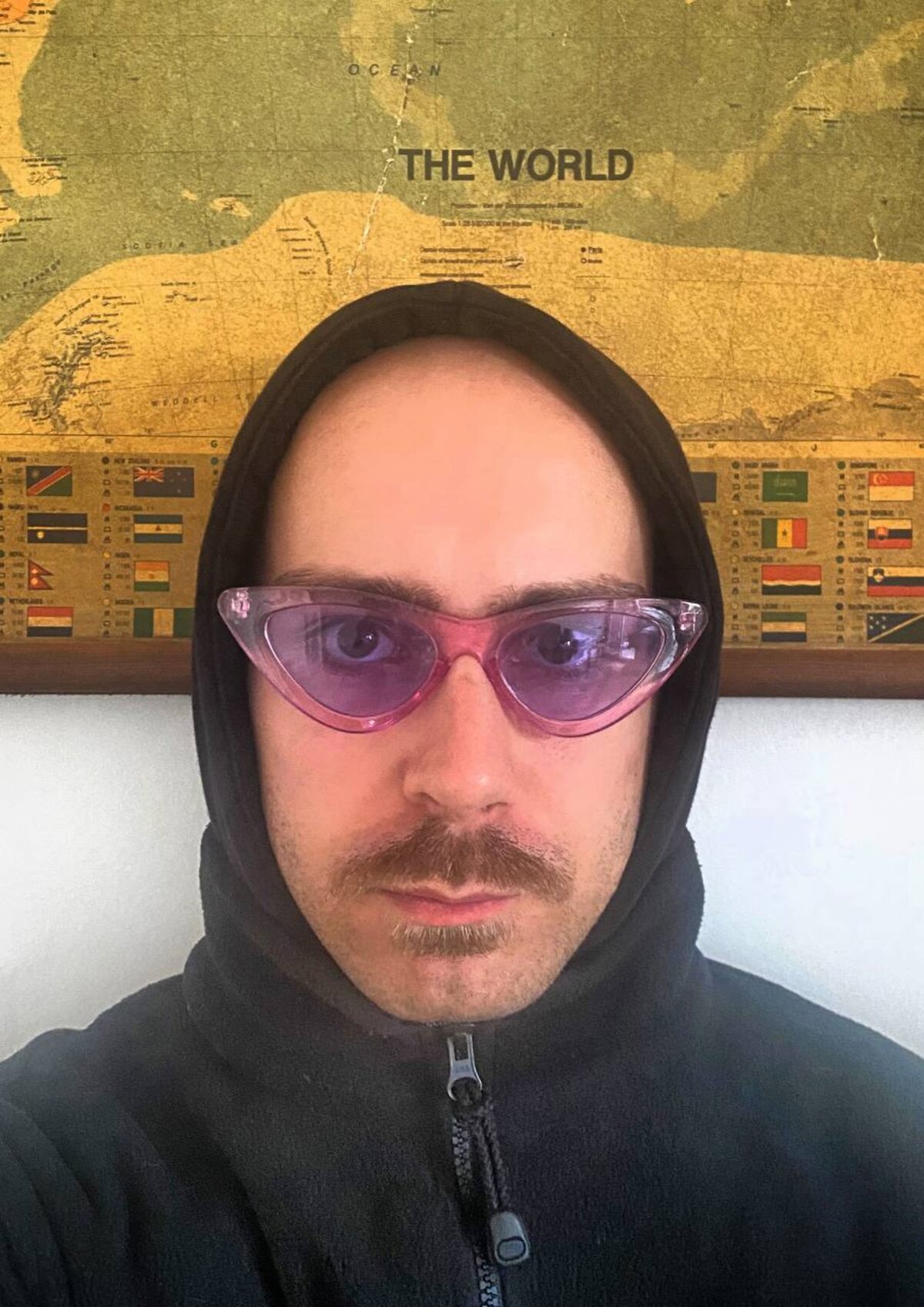
Agrandissement : Illustration 1

Musician, DJ and curator with a longstanding interest in political speech in music presents a sound installation about prisoners of war at the Stop Wars exhibition.
What is your project about and how was it born?
The idea of this work came to my mind in the summer. While the war is going on, I don't see myself as a curator and a musician. Today it is only possible to do something about war. My project is half performance, half installation, dedicated to the state of captivity, as well as how families, homes and entire cities miss those people who were captured or displaced as a result of Russian aggression. This is a documentary project with an audio component - I find the names of people who are in Russian captivity. Now there are more than 7,000 people in captivity in Russia, but I deliberately take only names from open sources so as not to harm someone by accident.
The essence of the project is that the visitor of exhibition hears overlapping signals of long and short telephone beeps, phrases that the subscriber is unavailable. All these are calls to people who are impossible to reach now. And in parallel, the voice reads out the names of about a hundred people who are now in captivity. This is the practice of remembering. It is important that we constantly remember those who are in captivity. At the opening of the exhibition, I will read live, and on the other days it will be a recording of the performance. But this is not a finished audio recording with a beginning and an end - its content will change. There is a subtle tribute between art and speculation on a topic, and I naturally don't want to overstep it.
How and how did the Agency of artists in exil help you?
It seems to me that in addition to helping with paperwork or financial support for artists from Africa, Palestine, Syria, Afghanistan, Ukraine or Russia, this association gives something that is extremely important for them - a sense of place in which they feel needed and protected. Often, those who were forced to be cut off from home do not have a clear understanding of their future. And in such a situation, it is very important to find someone who will direct you in the right direction. I have ideas for collective projects and I hope to implement them in the future with other members of the Agency of artists in exil.
How and when did you end up in Paris?
I left Moscow two weeks before the start of the war, I planned to return to Russia for a short time and leave it completely, but in the end I never returned. First I lived in Georgia, then I moved to Greece, from there to Istanbul, and in July I ended up here.
Can you imagine your return home?
I have no optimism about the nearest future of Russian state as it was known before February. For more than 20 years, the education system has been destroyed in Russia, people agree to work for some more or less decent money in exchange for the renunciation of civil liberties. Until new generations of people grow up in a different environment, it is pointless to talk about a change of mood in Russia. And I don't want to end up in a country surrounded by millions of people who quietly or loudly support the war. But at the same time, I am very afraid that after the end of the war, the idea of Russian collective responsibility will begin to advance in the world - we saw something similar in the example of Germany after the Second World War. After all, if you admit that everyone is to blame, it means that no one is to blame. In this case, the specific perpetrators of all that happened will not be punished.
Website of festival Visions d'exil 2022.
Website of l'atelier des artistes en exil
Nikita Rasskazov (Podolsk, Russia) — music worker. In the pre-war life curator & producer of live projects focused on social and political aspects of sound and music, non-western music, participatory and site- specific formats. Shortly before war he left Russia and his position as a curator at V–A–C Foundation, focusing on volunteering and anti-war work. In his artistic practice, he explores sound archeology and audial documentary aspects of crises.



